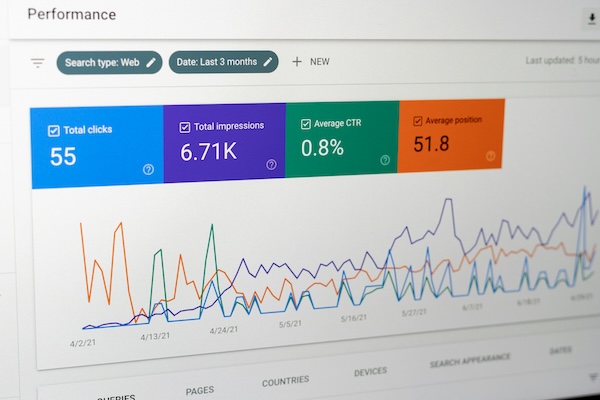You’ve launched your brand-new website, but when you search for it on Google, it’s nowhere to be found—or buried deep in the results. So, what gives? Building a website is just the first step toward gaining visibility online. The real challenge is getting search engines like Google to notice your site and rank it highly in search results. In this post, we’ll explore what factors influence your site’s ranking and offer insights on how you can improve it over time.
Diving Deeper into Page Rank
The term you’re looking for is "page rank." This refers to how quickly your website appears in search results for a particular search phrase. A higher page rank means your site is more likely to show up at the top of the search results. While there's no way to guarantee a specific page rank for any given search term, there are strategies that can significantly improve your chances of ranking higher.
Think of your relationship with Google as a two-way street. You provide free information that Google shares with users, and in return, Google offers traffic and visibility based on how current, relevant, and abundant your content is.
Google’s ultimate goal is to give users the most relevant information as quickly as possible. So, what is your website offering that makes Google want to rank it higher? Generally, Google favors websites that:
-
Have been around longer: Longevity builds credibility and authority. Think about it—would you trust legal advice from someone with 25 years of experience or someone fresh out of law school? The same logic applies to websites. Sites that have been around longer are often viewed as more reliable.
-
Have incoming links from other reputable websites: These links should be meaningful and relevant. Are you a member of any industry-related organizations? Can you collaborate with them to exchange links? Do your social media platforms link back to your website? These incoming links act like votes of confidence from other sources, boosting your site’s credibility.
-
Contain a wealth of information: The more content you have on your site, the more material Google can index as potential answers to search queries. This is why many businesses maintain blogs or resource pages that expand on the services they offer. The more relevant information you provide, the more likely Google is to recognize your site as an authority in your field.
-
Provide content uniquely relevant to what users are searching for: Google acts like a matchmaker, connecting users with the information they’re seeking. If your site features recent and relevant content, it becomes easier for Google to recommend you. Make sure your content addresses the needs and interests of your target audience to improve your ranking.
The Importance of Keeping Content Fresh
You might wonder if the need for recent content conflicts with the idea that longevity boosts ranking. In fact, the two work hand-in-hand. The best-performing websites have been around for a while, offering a large amount of information, but they also update their content regularly. This signals to Google that the information on your site is both reliable and current.
Feeling Overwhelmed?
I know this can feel like a lot to take in, and it is. But like any other type of marketing, there’s a wide range of effort you can put in, from simply having a website to running highly targeted ad campaigns. The good news? Your business is already much more visible online than it was just six months ago, and your site’s longevity will build quicker than you expect (think long days, short years).
If you're looking for ways to speed up the process, InterGen offers services like blog creation and content development to help boost your page rank over time. However, that might not be the immediate priority for your business. Your site was built to grow with your business, so if you're ever ready to expand, we're here to help you take the next step.

